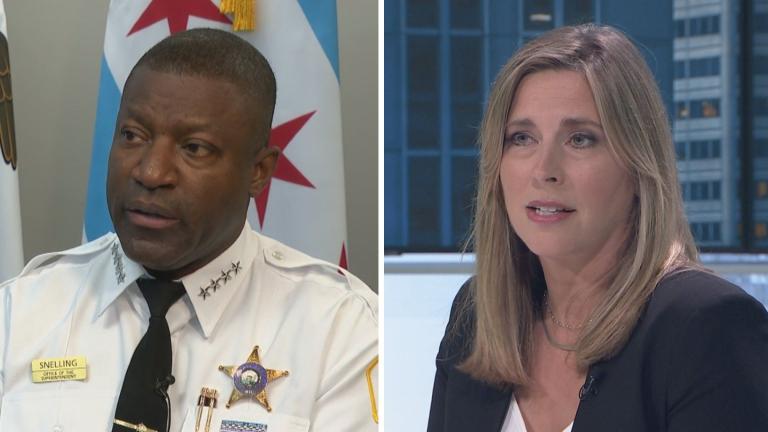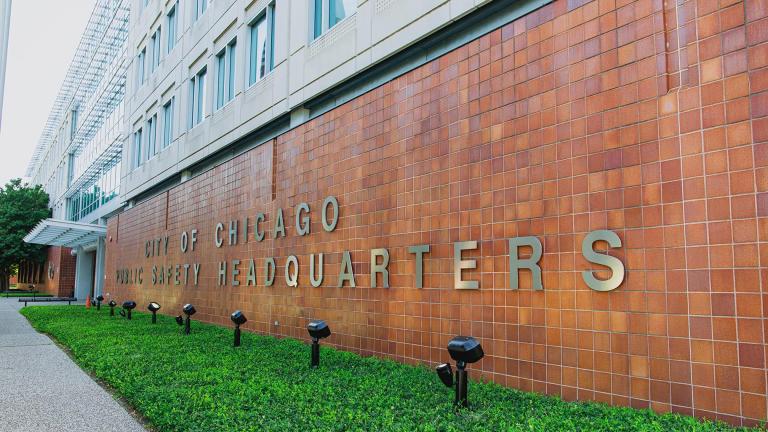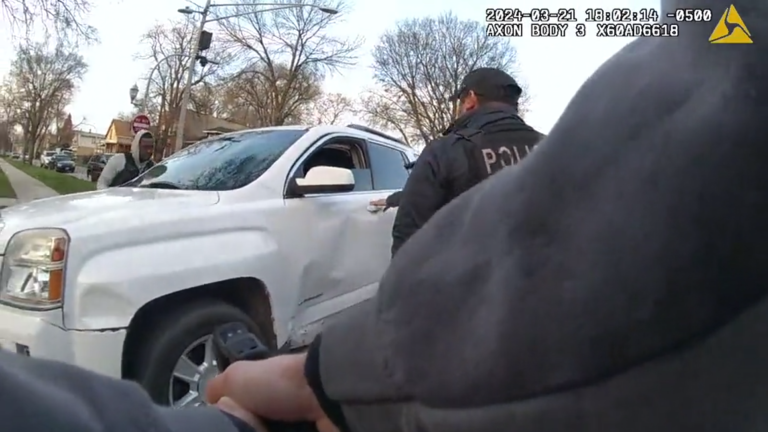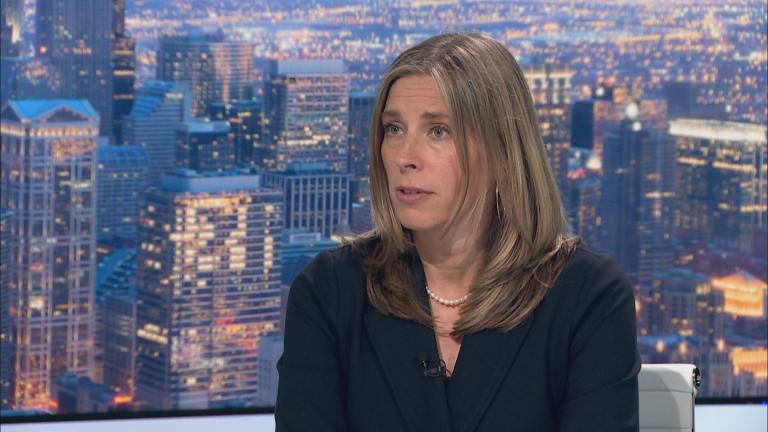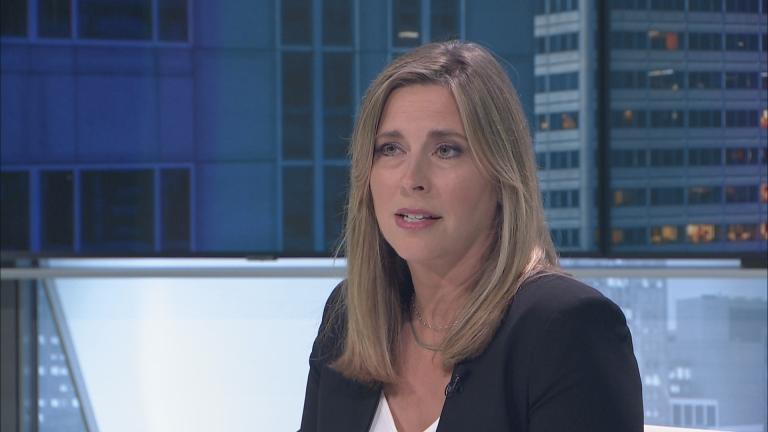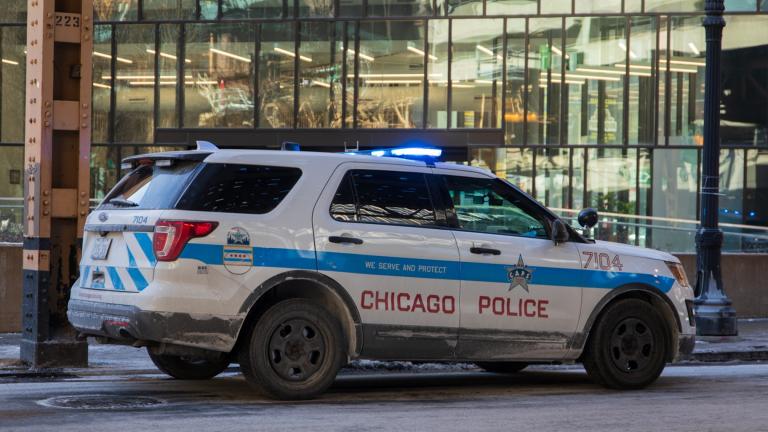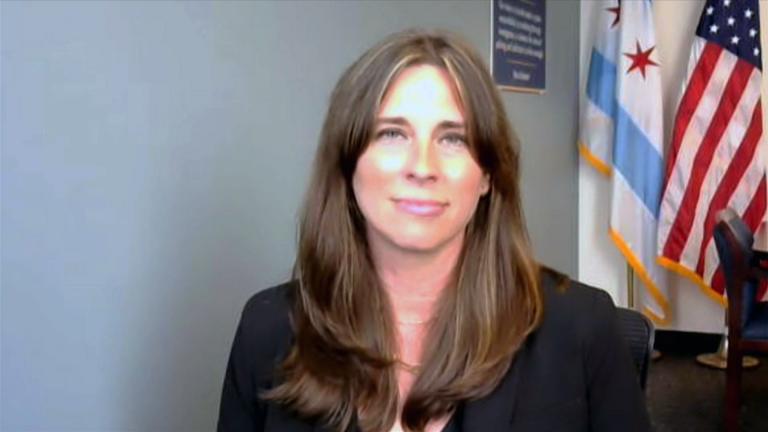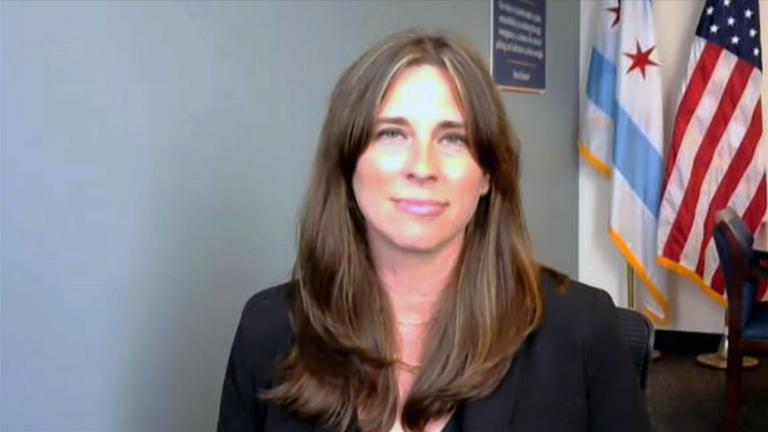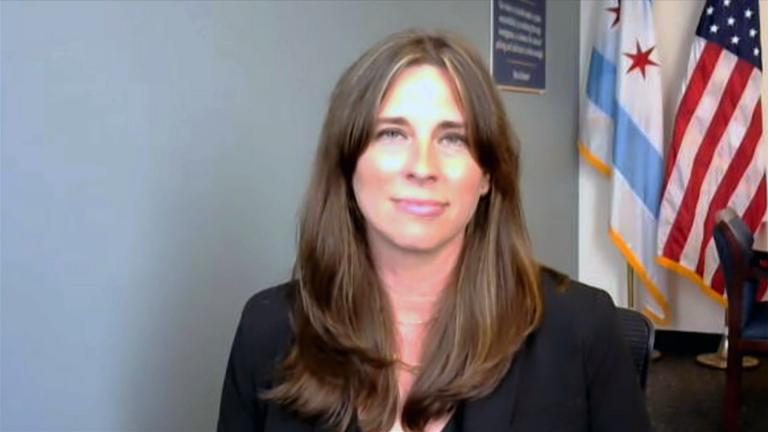The five officers who conducted the traffic stop that led to the death of Dexter Reed and the wounding of one officer had been the subject of 36 complaints that they were improperly stopping Chicagoans driving through the city’s West Side, according to records provided to WTTW News by the Civilian Office of Police Accountability.
Andrea Kersten
Superintendent Larry Snelling’s remarks come nearly two months after the first sign of deep tension between CPD and COPA emerged, and reflect a widening breach between the two agencies, sources told WTTW News.
The rules that govern when — and how — Chicago police officers can use force against members of the public are complicated and subject to interpretation, despite years of efforts to make it less likely that an altercation between an officer and a Chicagoan turns deadly. Those rules face new scrutiny after officers shot and killed Dexter Reed on March 21.
COPA calls for officers to be relieved of police powers during investigation
COPA in a statement said preliminary evidence “appears to confirm” that Reed fired first before officers responded by firing 96 shots in a matter 41 seconds. The agency has recommended to CPD Superintendent Larry Snelling that four of the officers involved be relieved of their police powers during the pendency of this investigation.
Chief Administrator Andrea Kersten wrote in a letter to Chicago police Superintendent Larry Snelling that her agency has “grave concerns about the officers’ ability to assess what is a necessary, reasonable, and proportional use of deadly force.”
Chicago Police Supt. Larry Snelling blasted Civilian Office of Police Accountability Chief Administrator Andrea Kersten for treating Chicago Police officers so unfairly that he says they are at risk of suicide and compromise public safety.
COPA Chief Administrator Andrea Kersten announced in June that she would seek to clear the agency’s backlog of cases more than 18 months old, which she said were compromising the ability of the agency to investigate more recent complaints alleging significant misconduct by officers.
The Civilian Office of Police Accountability will launch its second People’s Academy — a six-week training course that’s open to the public and gives an in-depth look at some of the office’s operations, such as complaint investigations, body-worn camera video analysis and disciplinary recommendations.
The probe by the Civilian Office of Police Accountability remains ongoing. Hours after the sexual misconduct allegations became public, Mayor Brandon Johnson’s administration moved all of the migrants out of the Ogden (10th) Police District headquarters, which patrols Lawndale and Little Village, where the officers under investigation are assigned to work.
The agency’s substantial backlog — made up of cases more than 18 months old — is compromising COPA’s ability to investigate more recent complaints alleging significant misconduct by Chicago Police officers, Chief Administrator Andrea Kersten said.
The Chicago City Council voted 31-14 to confirm Mayor Lori Lightfoot’s pick to lead the agency charged with probing misconduct by members of the Chicago Police Department after months of controversy.
The City Council’s Public Safety Committee voted 9-6 to advance the nomination of Andrea Kersten, the interim head of the agency known as COPA, to the full Chicago City Council, which is scheduled to consider her appointment on Feb. 23.
Mayor Lori Lightfoot’s pick to lead the agency charged with probing misconduct by members of the Chicago Police Department failed to advance Friday, even as she apologized again for releasing a report that recommended that Officer Ella French, slain in August, be disciplined for conduct during the botched raid of Anjanette Young’s home in February 2019.
“I have profound regret and sadness that the work of our agency has in any way hurt the French family and those who mourn her and I will work steadfastly to ensure that a situation such as this never happens again,” Andrea Kersten said.
The mayor’s choice to lead the Civilian Office of Police Accountability has caused some controversy with City Council members.
The Chicago City Council has approved a measure to create a board of civilians to oversee the Chicago Police Department, the police board and the Civilian Office of Police Accountability. Andrea Kersten, the interim chief administrator of COPA, shares her thoughts.


